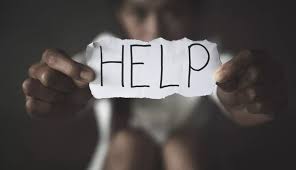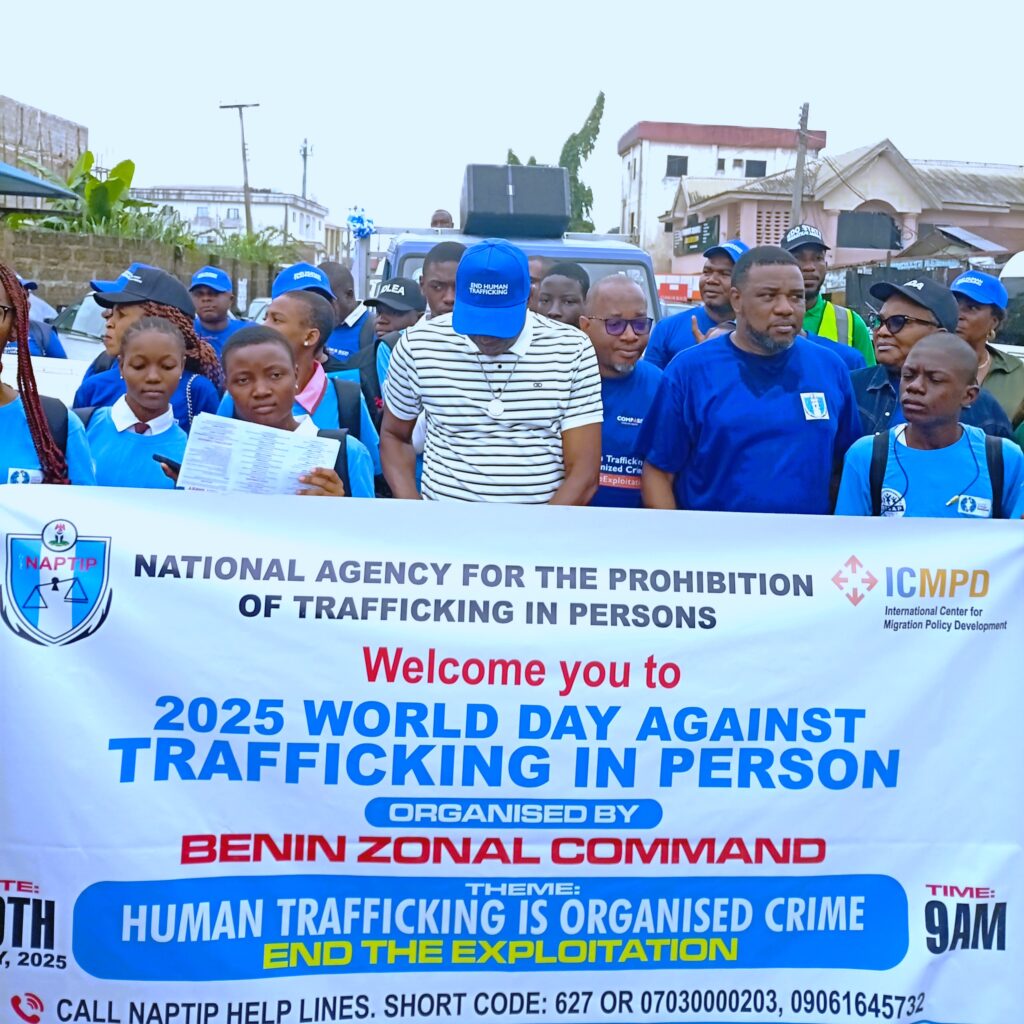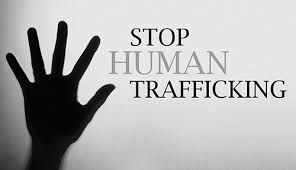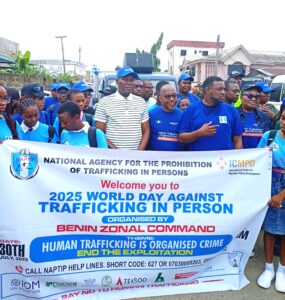Human trafficking remains a serious challenge in Nigeria, with thousands falling victim each year. From young girls lured into prostitution to boys forced into labor under dangerous conditions, trafficking takes many forms. Understanding these types is the first step to fighting this menace. In this post, we’ll explore the most common types of human trafficking in Nigeria, how they occur, and what we can do to stop them.
Introduction: Understanding Human Trafficking in Nigeria

Human trafficking remains a serious challenge in Nigeria, with thousands of men, women, and children falling victim each year. From young girls lured into prostitution to boys forced into labor under dangerous conditions, human trafficking takes many forms. According to the United Nations Office on Drugs and Crime (UNODC), Nigeria is considered one of the countries most affected by trafficking in persons in Africa.
In this post, we’ll explore the types of human trafficking that exist in Nigeria, how they occur, and what actions organizations like Genius Hub are taking to combat this menace.
1. Sex Trafficking in Nigeria
Sex trafficking is one of the most common and devastating types of human trafficking in Nigeria. It involves the coercion and exploitation of women, girls, and sometimes boys, for commercial sex acts. Victims are often deceived with promises of jobs, modeling contracts, or scholarships abroad, only to end up enslaved in brothels or forced prostitution rings.
This form of human trafficking thrives because traffickers prey on poverty, lack of education, and unemployment. Reports indicate that Nigerian women are among the most trafficked populations into Europe for sexual exploitation.
2. Labor Trafficking and Exploitation
Another major type of human trafficking is labor trafficking. Here, victims—often children and teenagers—are forced into difficult labor in farms, mines, homes, and factories. These individuals are denied wages, proper living conditions, and sometimes even basic freedoms.
Child labor trafficking is particularly widespread in Nigeria’s agricultural sector, where children are forced to work long hours under harsh and unsafe conditions. This form of trafficking robs them of their education, safety, and future potential.
3. Domestic Servitude
Domestic servitude is a hidden but widespread type of human trafficking in Nigeria. Many underage girls are sent to urban centers under the promise of a better life, only to be forced into domestic work.
These victims often face physical abuse, exploitation, and isolation from their families. Unlike formal employment, domestic servitude is unregulated and exposes victims to life-long trauma. It highlights the need for better protections for household workers in Nigeria.
4. Organ Trafficking
While less publicly discussed, organ trafficking is a growing form of human trafficking. Vulnerable individuals—especially the poor—may be deceived under the guise of receiving medical help, only to have their organs harvested illegally.
This black market trade is extremely dangerous and often fatal for victims. Nigeria’s weak healthcare regulations make this an area that requires stronger legal oversight and international cooperation.
5. Forced Begging
Forced begging is another overlooked type of human trafficking in Nigeria. Children, often from rural areas, are trafficked into major cities and coerced to beg on the streets. They are forced to surrender most of their daily earnings to traffickers who exploit their vulnerability.
This practice strips children of dignity, denies them education, and perpetuates cycles of poverty and abuse. It is particularly rampant in regions where children are sent to study under informal systems but end up trafficked into begging syndicates.
How Genius Hub Is Combating Human Trafficking

At Genius Hub, we are committed to reducing the risk of human trafficking by addressing root causes. Our approach combines Communication for Development (C4D), advocacy campaigns, and economic empowerment programs.
Through our skill acquisition programs in digital, vocational, technical, and business sectors, we provide safer alternatives for vulnerable groups. These initiatives empower young people to earn sustainable incomes, reducing their likelihood of exploitation.
For example, our Skill Acquisition Blog Post explores how vocational training equips Nigerian youth to fight unemployment—one of the major drivers of trafficking.
We also offer certified training through our Genius Hub TVET University, giving graduates credentials that open doors to employment both locally and internationally.
Why Awareness Matters
Awareness is the first step toward ending types of human trafficking in Nigeria. By understanding how traffickers operate and recognizing the signs of exploitation, communities can protect vulnerable individuals.
Public awareness campaigns and grassroots education initiatives help people identify recruitment tricks and prevent more victims from falling prey.
Conclusion
The fight against human trafficking in Nigeria requires awareness, education, and empowerment. By understanding the different types of human trafficking, we are better positioned to stop traffickers and protect vulnerable groups.
At Genius Hub, we remain dedicated to providing skills and opportunities that break cycles of poverty and exploitation. Together, every Nigerian can play a role in ending this modern-day slavery.




